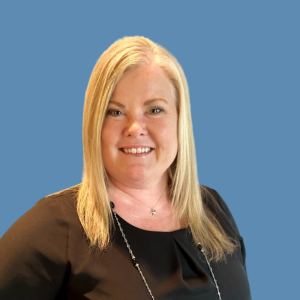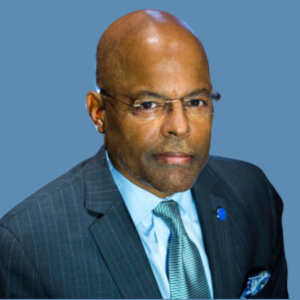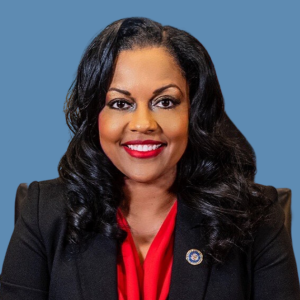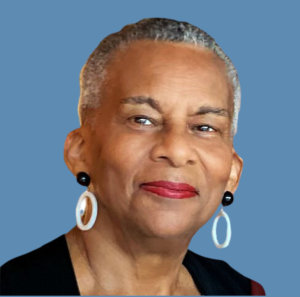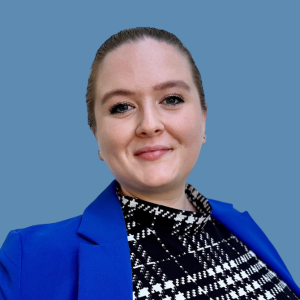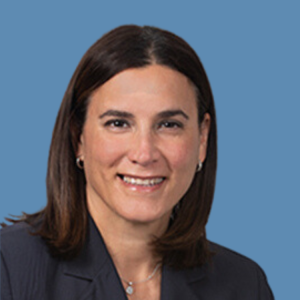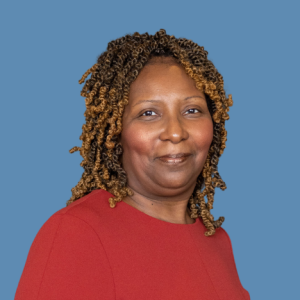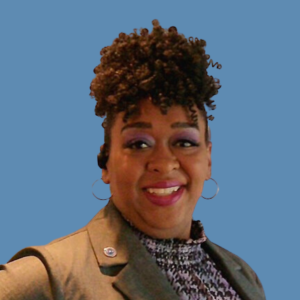The Norfolk Department of Human Services (NDHS) Program Supervisor, requested that Alisha Bazemore, KRA/VIEW* Program Manager, lead a segment of their Customer Service Refresher Training Program, conducted for 50 Eligibility and Benefit Worker staff members from various NDHS units. Due to her demonstrated knowledge, skills, and abilities in the area of Customer Service, Bazemore’s assigned topic was Would You do Business with You?, with the objective of examining the 3 P’s of Customer Service no-no’s: Profiling, Passing the Buck, and Lack of Pleasantries!
- Profiling – After introductory/welcoming remarks, Bazemore began by passing out candy bars, lollipops, or a handful of candy to only some of the participants. Once distributed, she asked if everyone received some of the goodies. Predictably, responses were either “yes”, “no”, and in some cases, “no!” She then asked how they felt when they didn’t receive any candy. Most responses were ““left out,” “neglected,” or “overlooked.” Alisha’s response was, “It is interesting that you say that, because my failure to provide all of you with candy is symbolic of me not delivering the same level of Customer Service to all of you.” It was an “AHA” moment: they had been “profiled”, some targeted for a lower level of Customer Service than others. A lively discussion then ensued, with trainees showing a clear willingness to listen and learn more about how we, as staff, profile customers and how, in return, customers may profile staff. Bazemore stressed that if one maintains a high standard of professionalism, profiling is far less likely to become a service provider’s response in interacting with customers.
- Passing the Buck – Next, she spoke on how sometimes one might provide a lower level of Customer Service because “it’s not my case” or “not my customer.” To illustrate, she used an examples of a well-known cell-phone services provider, and how you have to navigate the “phone tree”, pressing button after button trying to contact a Customer Service Representative. So, imagine how a customer feels when he/she has to go through worker after worker to get information, guidance, or an answer to a simple question. In response, the group laughed and nodded their heads, in agreement, relating to the cell-phone scenario, and expressed how the run-around just to talk to the appropriate person is extremely frustrating. And another “AHA” moment was born…
- Lack of Pleasantries – Bazemore asked the group what was their favorite fast-food place, and many mentioned the same establishment. Then, she asked what their experience was like. Most responded “good”, “pleasant”, etc. However, one participant stated, “Their Customer Service is excellent!” The group was then asked: why is it that companies offering retail products/services seem more invested in Customer Service than agencies and organizations that provide human or social services? Bazemore’s goal was not so much to elicit answers, as it was to provide “food for thought” that whether private- or publicly operated, everyone deserves great Customer Service. At the end of this last segment, Bazemore’s final question to the group was “Would you do business with you?”
On her experience, Bazemore commented, “Overall, the attendees appeared to be very engaged and excited about the information that was delivered during the training session; I actually received a round of applause! I really appreciated the on-going feedback that they offered throughout the session; it let me know that I was ‘on track’, and that they found it an enjoyable learning experience. I provided printed Customer Service Tips that my KRA/VIEW team and I use, and hoped that they will serve as a daily reminder as to what excellent Customer Service is all about. KRA Corporation prides itself on delivering exceptional Customer Service, and believes that it is evident in the work that we do for NDHS, our client, and the VIEW Program. It’s just the KRA way of doing business.” It was reported that the NDHS Program Supervisor and Benefit Worker Supervisor, both of whom facilitated other segments of the training program, expressed their appreciation to KRA and to Bazemore, mentioning how wonderful her training was.
*The Virginia Initiative for Employment not Welfare (VIEW) Program provides intensive case management services; occupational skills training; GED preparation; CWE activities; job development, placement, and retention; and supportive services to more than 1,400 customers annually receiving public-assistance cash benefits. In addition, to benefit business-customers, VIEW provides intensive follow-up for 24 months, including job-retention services for up to 12 months after customers are placed in employment. VIEW is routinely recognized for its positive Work Participation Rate by the State’s Full Employment Program, a customized training program under which local employers define their workforce needs and VIEW provides tailored training and referral of candidates to meet those needs.

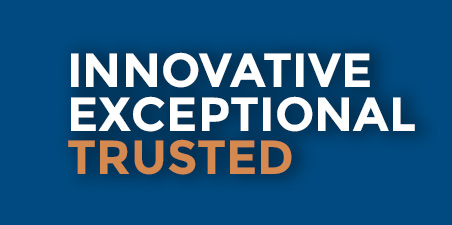
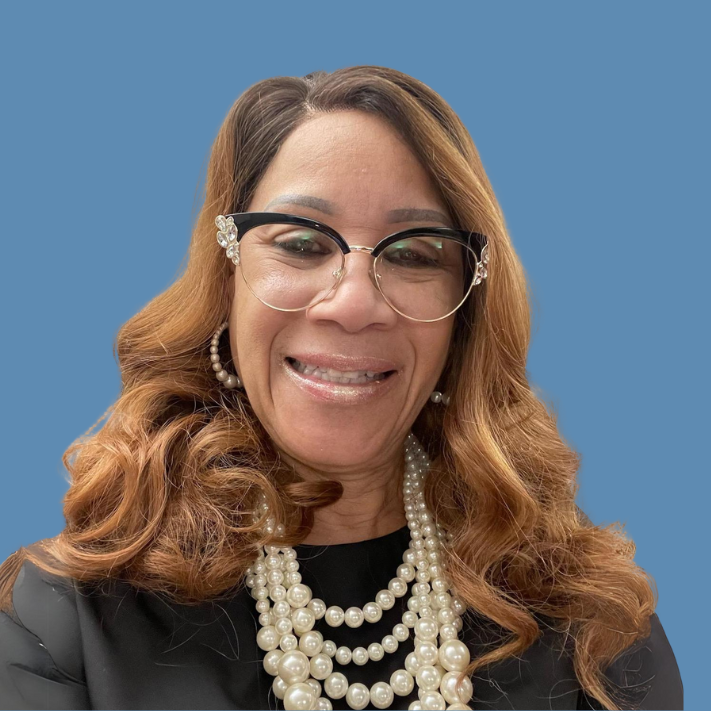 Dr. Boone’s 20+ years’ experience in the industry is extensive and her expertise in private-, public-, and non-profit sector workforce-services organizations is unparalleled, particularly in the Baltimore–Washington Metropolitan area.
Dr. Boone’s 20+ years’ experience in the industry is extensive and her expertise in private-, public-, and non-profit sector workforce-services organizations is unparalleled, particularly in the Baltimore–Washington Metropolitan area.


